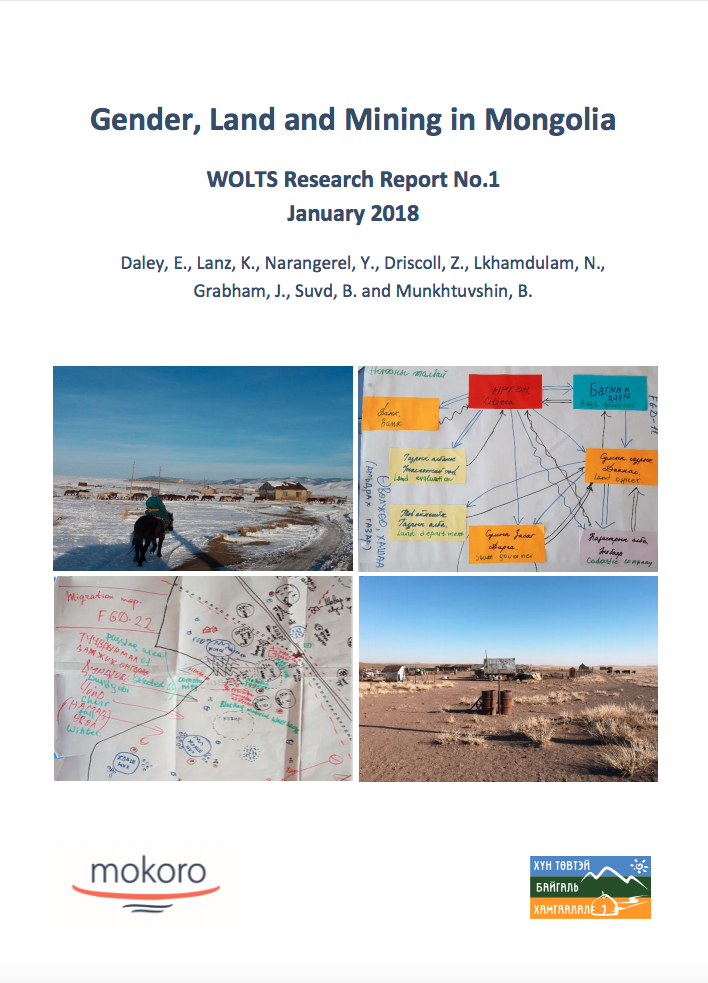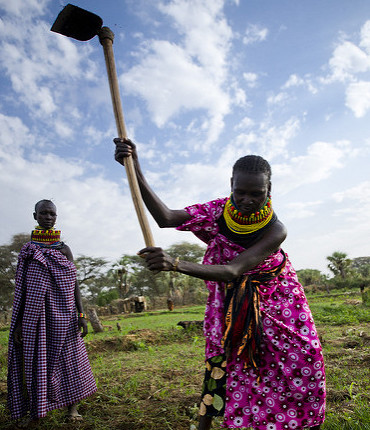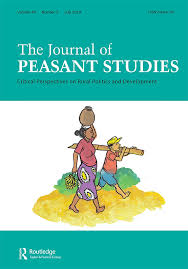Of local people and investors: The dynamics of land rights configuration in Tanzania
Analyses the configuration of land rights among different users of land and discusses the implementation of Tanzania’s land policy reform. The key rights explored include those of small-scale producers (farmers and pastoralists) and large-scale investors. Explores how the state defines, allocates, protects and compensates for land when it appropriates such rights. Looks at the formal, informal and procedural rights that provide for and protect the rights of small-scale producers and investors, and the compensation offered to those who give up their land for investment.
Scoping protocol for operationalizing payment for ecosystem services for pastoralist rangelands
Gender, Land and Mining in Mongolia
Mokoro’s practical and action-oriented long-term strategic research project, the Women’s Land Tenure Security Project (WOLTS), is piloting its methodology through a ‘Study on the threats to women’s land tenure security in Mongolia and Tanzania’.
The Community Land Act in Kenya
Kenya is the most recent African state to acknowledge customary tenure as producing lawful property rights, not merely rights of occupation and use on government or public lands. This paper researches this new legal environment. This promises land security for 6 to 10 million Kenyans, most of who are members of pastoral or other poorer rural communities. Analysis is prefaced with substantial background on legal trends continentally, but the focus is on Kenya’s Community Land Act, 2016, as the framework through which customary holdings are to be identified and registered.
‘Civilizing’ the pastoral frontier: land grabbing, dispossession and coercive agrarian development in Ethiopia
This paper analyzes frontier dynamics of land dispossessions in Ethiopia’s pastoral lowland regions. Through a case study of two sedentarization schemes in South Omo Valley, we illustrate how politics of coercive sedentarization are legitimated in the ‘civilizing’ impetus of ‘improvement schemes’ for ‘backward’ pastoralists. We study sedentarization schemes that are implemented to evict pastoralist communities from grazing land to be appropriated by corporate investors.
Land Use Planning and Wildlife-Inflicted Crop Damage in Zambia
Damage to crops from wildlife interference is a common threat to food security among rural communities in or near Game Management Areas (GMAs) in Zambia. This study uses a two-stage model and cross-sectional data from a survey of 2769 households to determine the impact of land use planning on the probability and extent of wildlife-inflicted crop damage. The results show that crop damage is higher in GMAs as compared to non-GMAs, and that land use planning could be an effective tool to significantly reduce the likelihood of such damage.
REDD+ as a Public Policy Dilemma: Understanding Conflict and Cooperation in the Design of Conservation Incentives
Command-and-control policies are often criticized as insufficient to tackle tropical deforestation. Over the past two decades, both academics and policy-makers have promoted incentive-based policies, notably REDD+ (Reduced Emissions from Deforestation and forest Degradation), as attractive alternatives to curb forest loss, while also potentially contributing to the poverty reduction of forest-dwelling populations. Governments have been the driving force behind the largest incentive-based forest conservation programs in Latin America.








